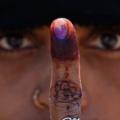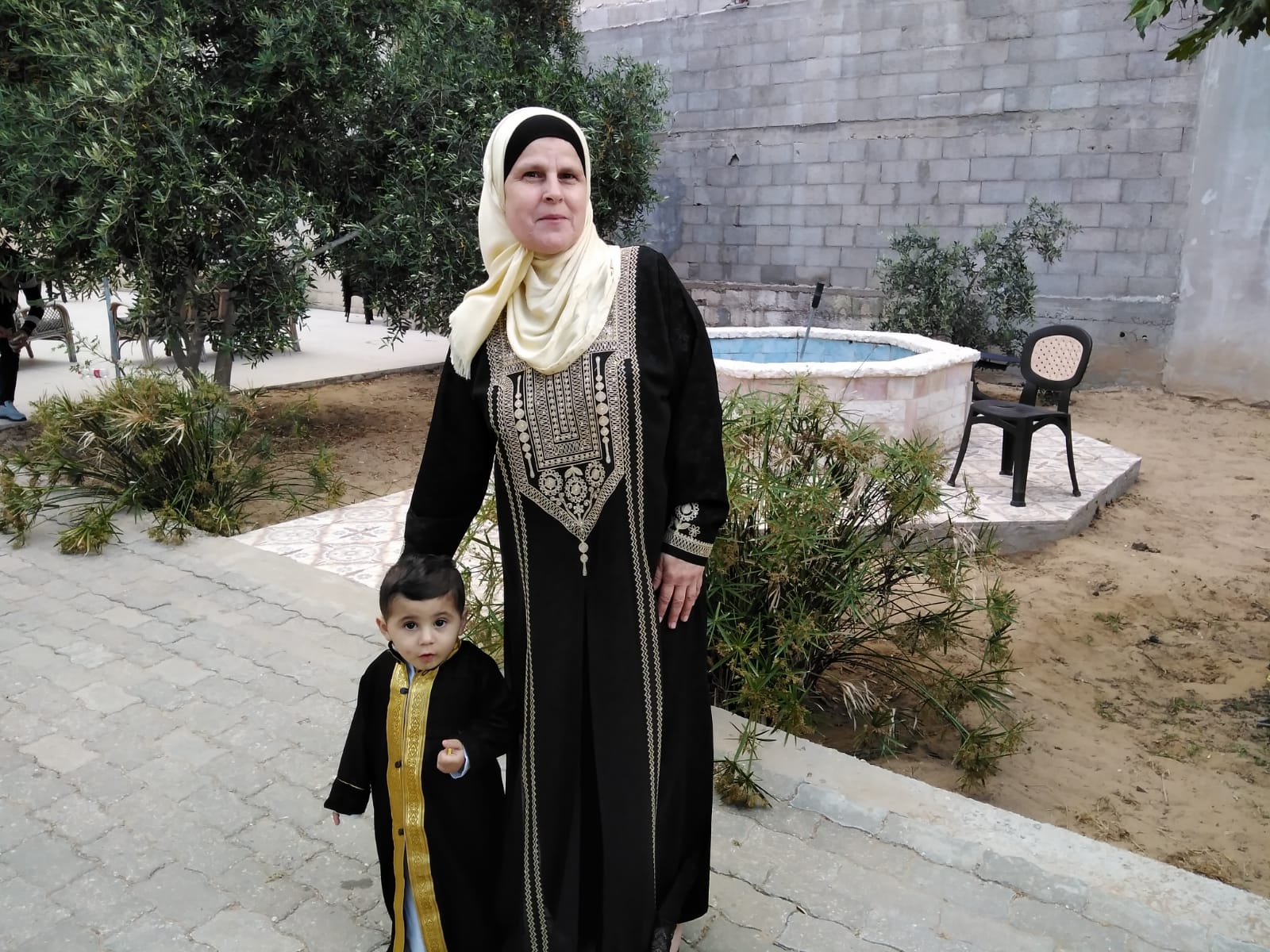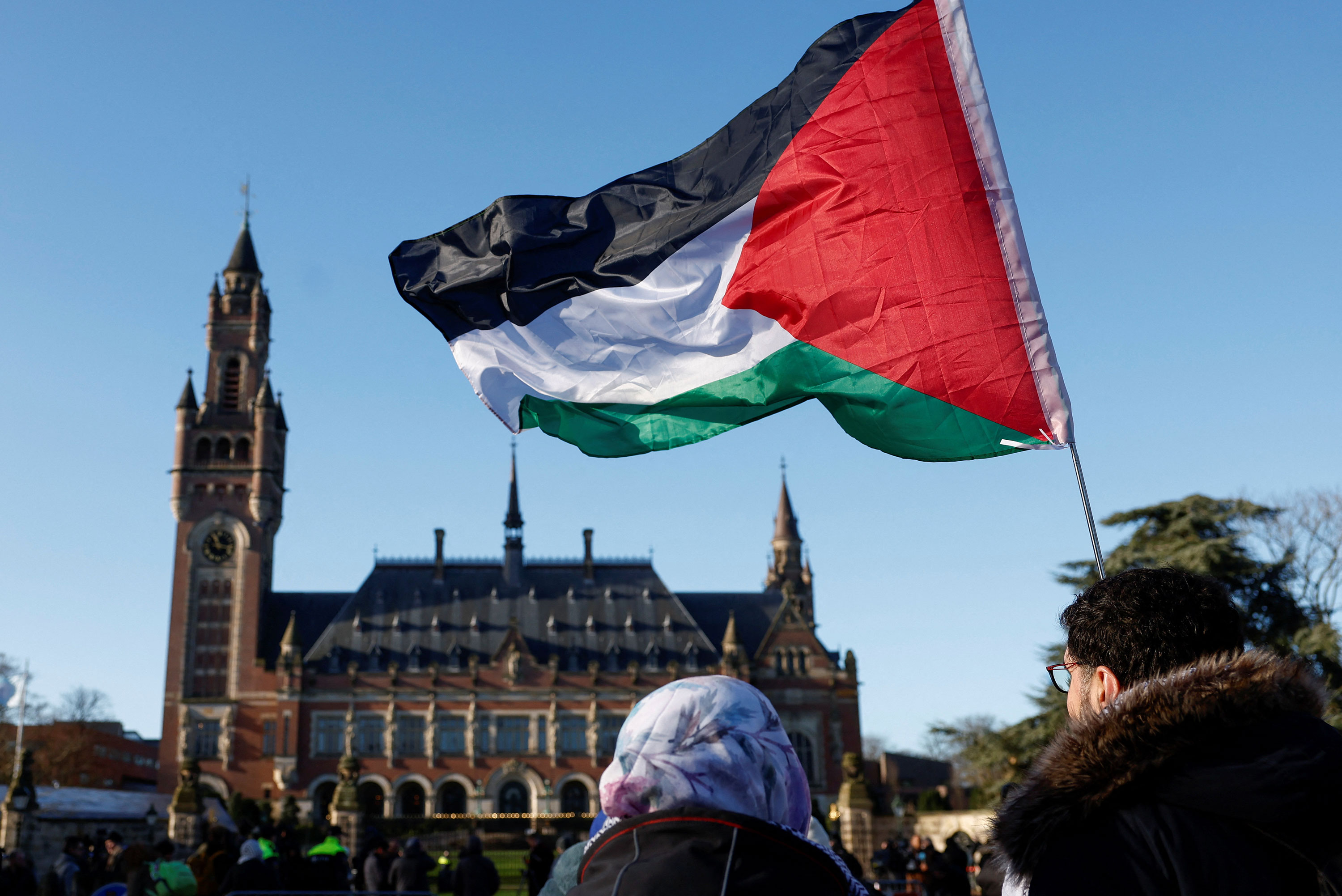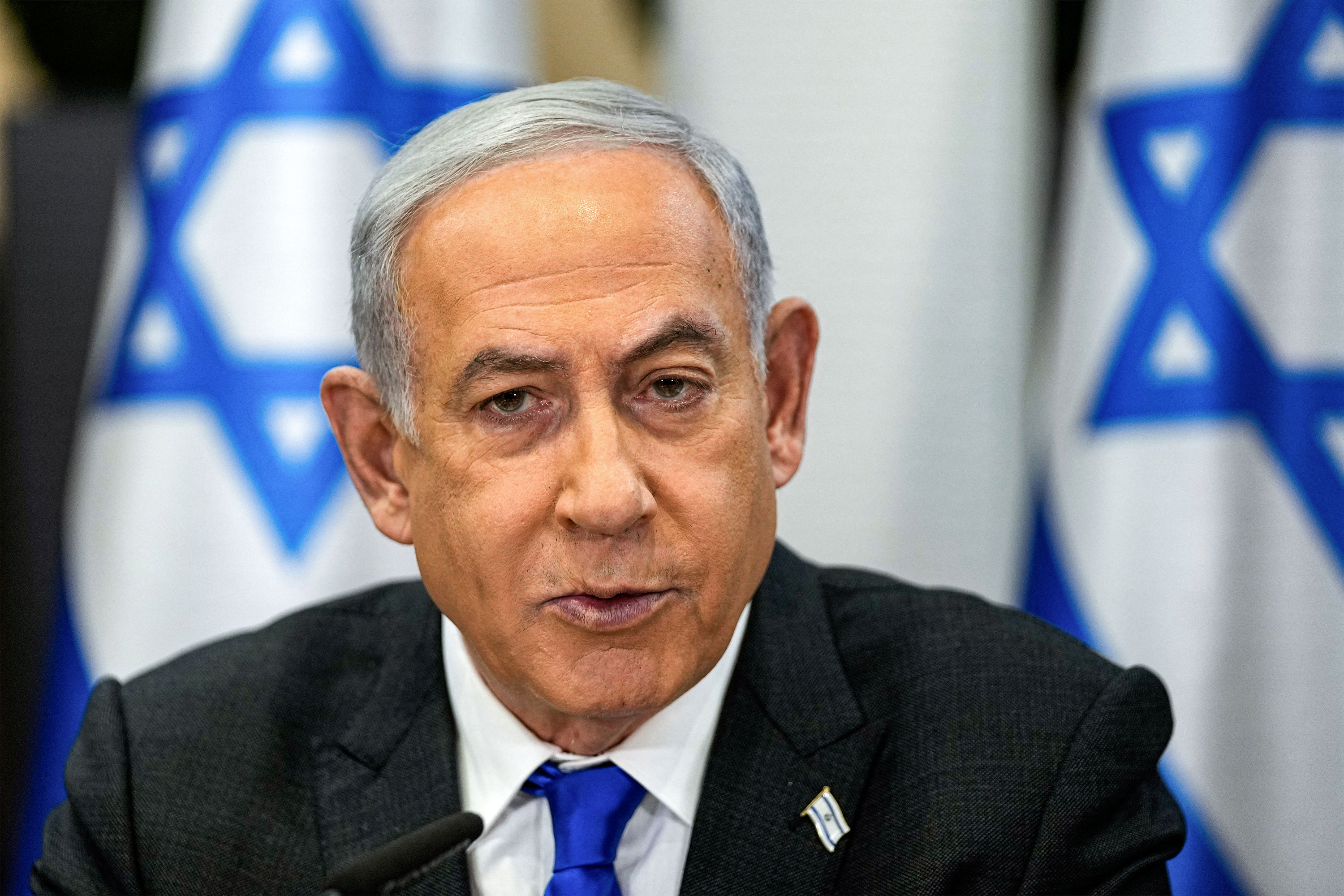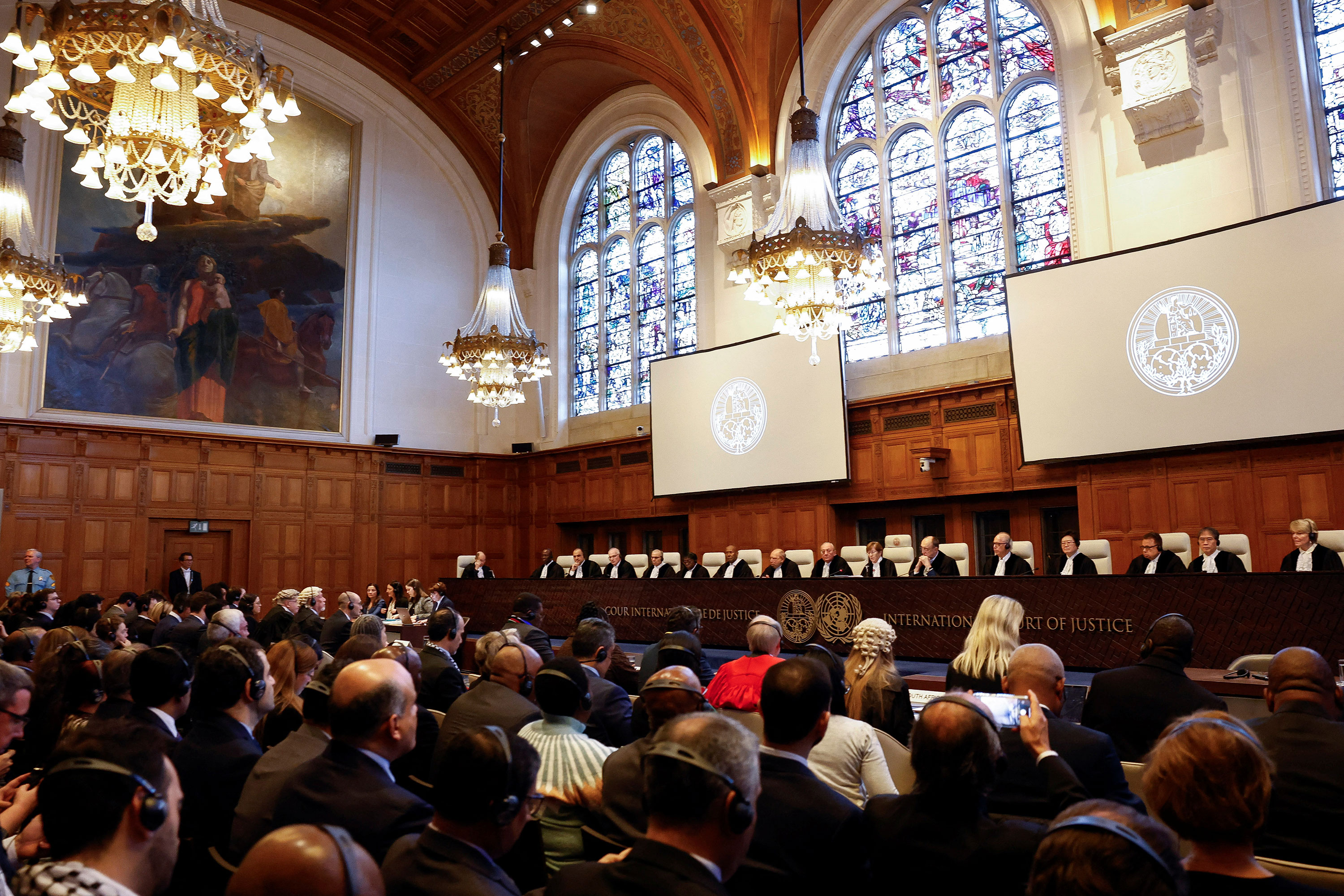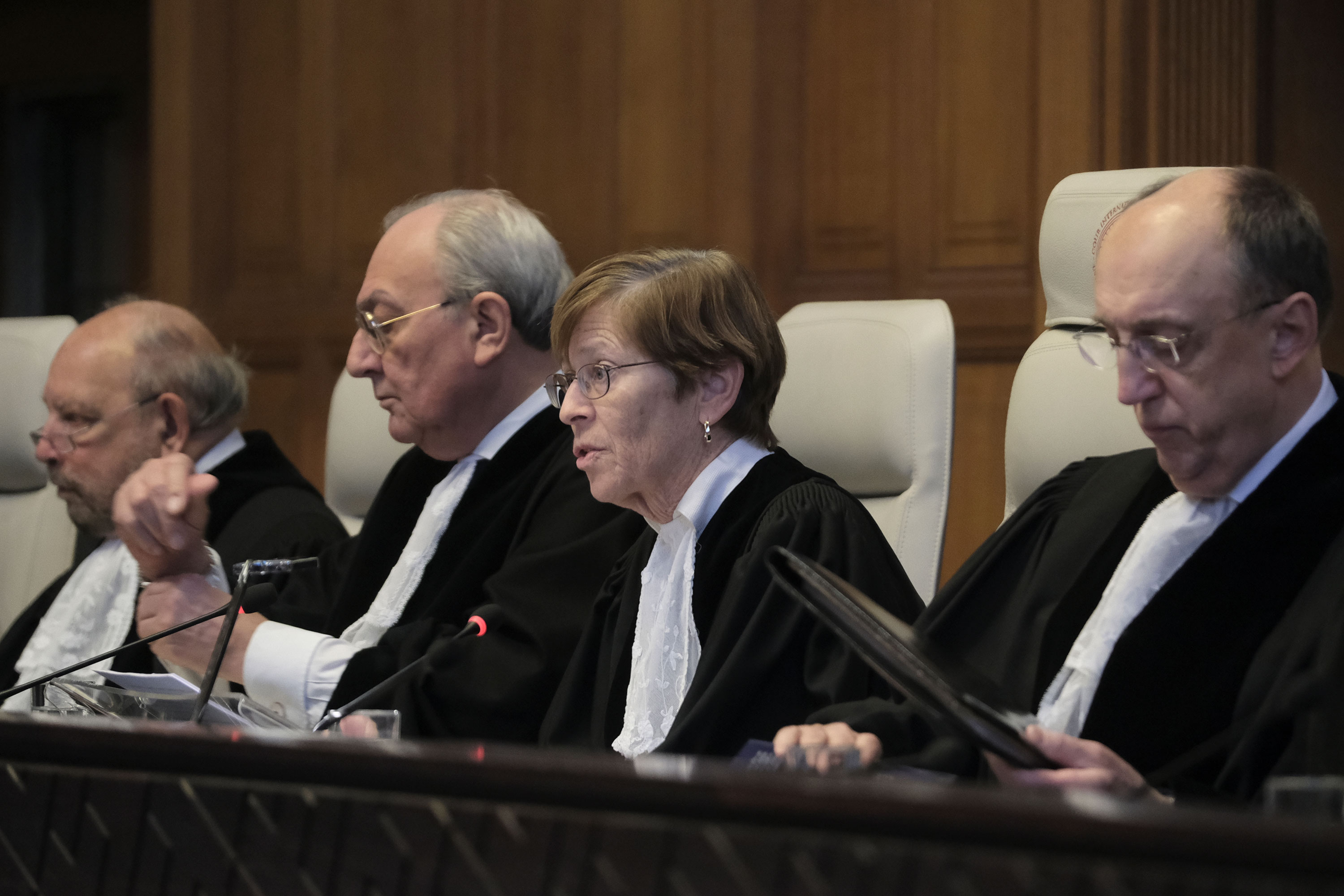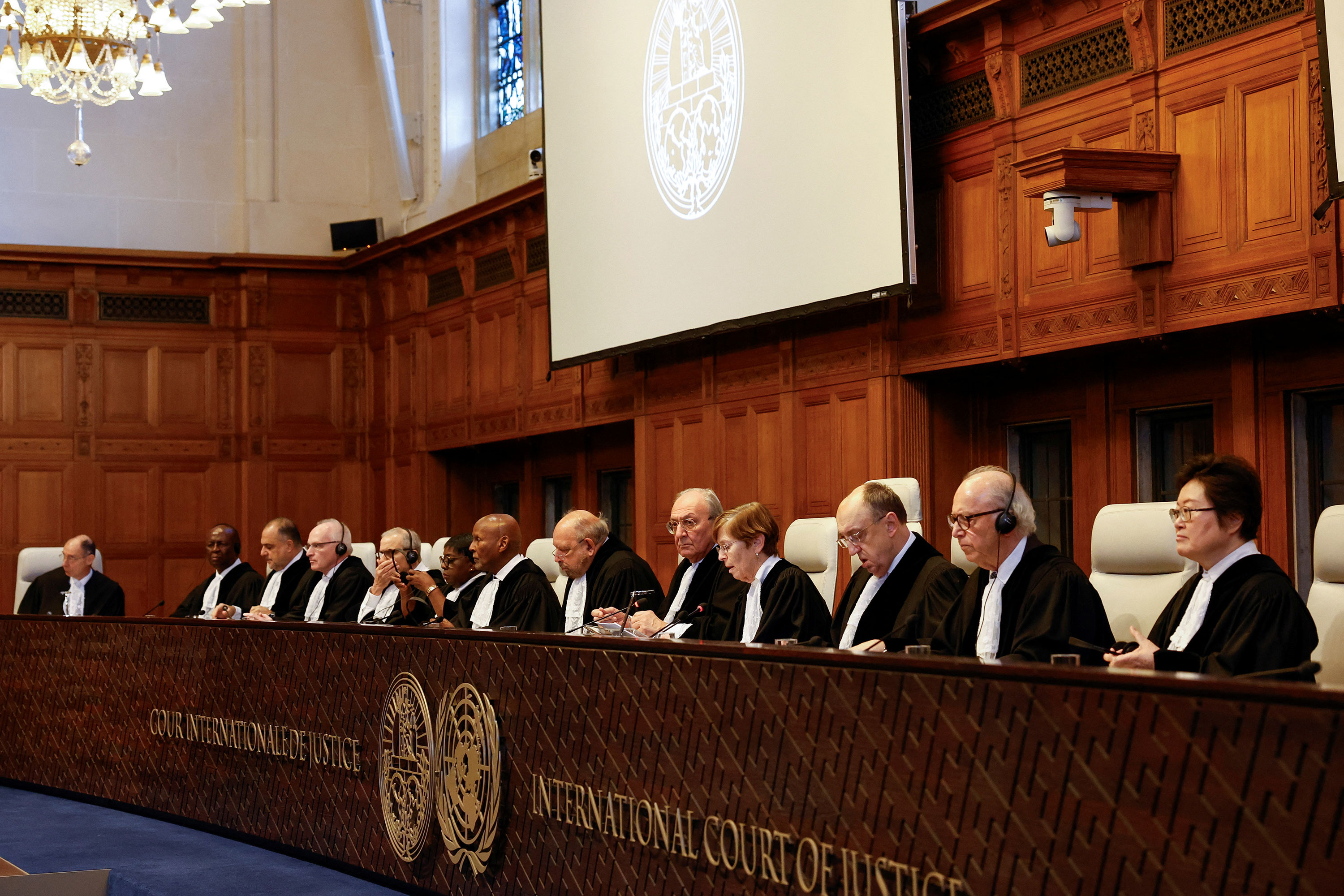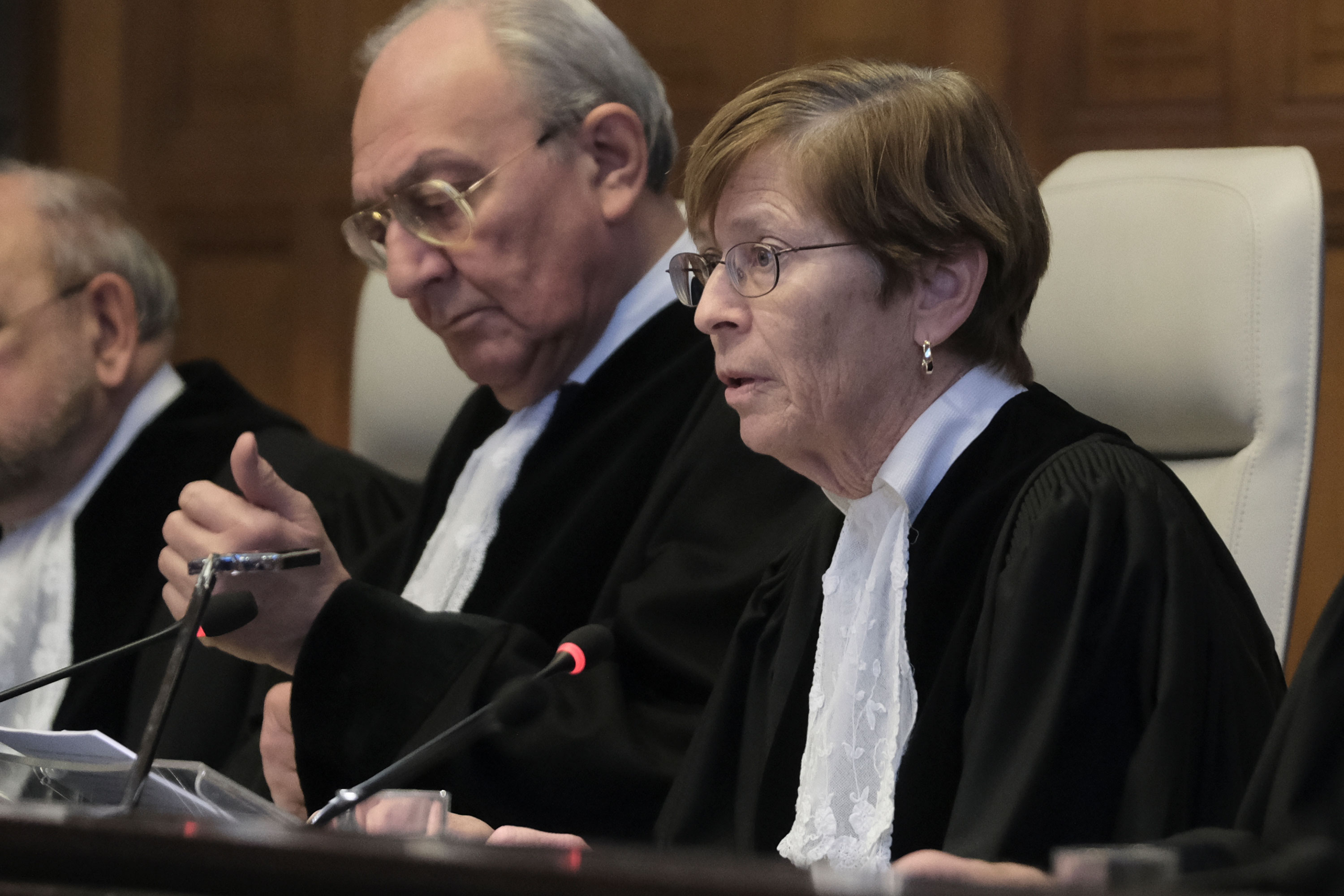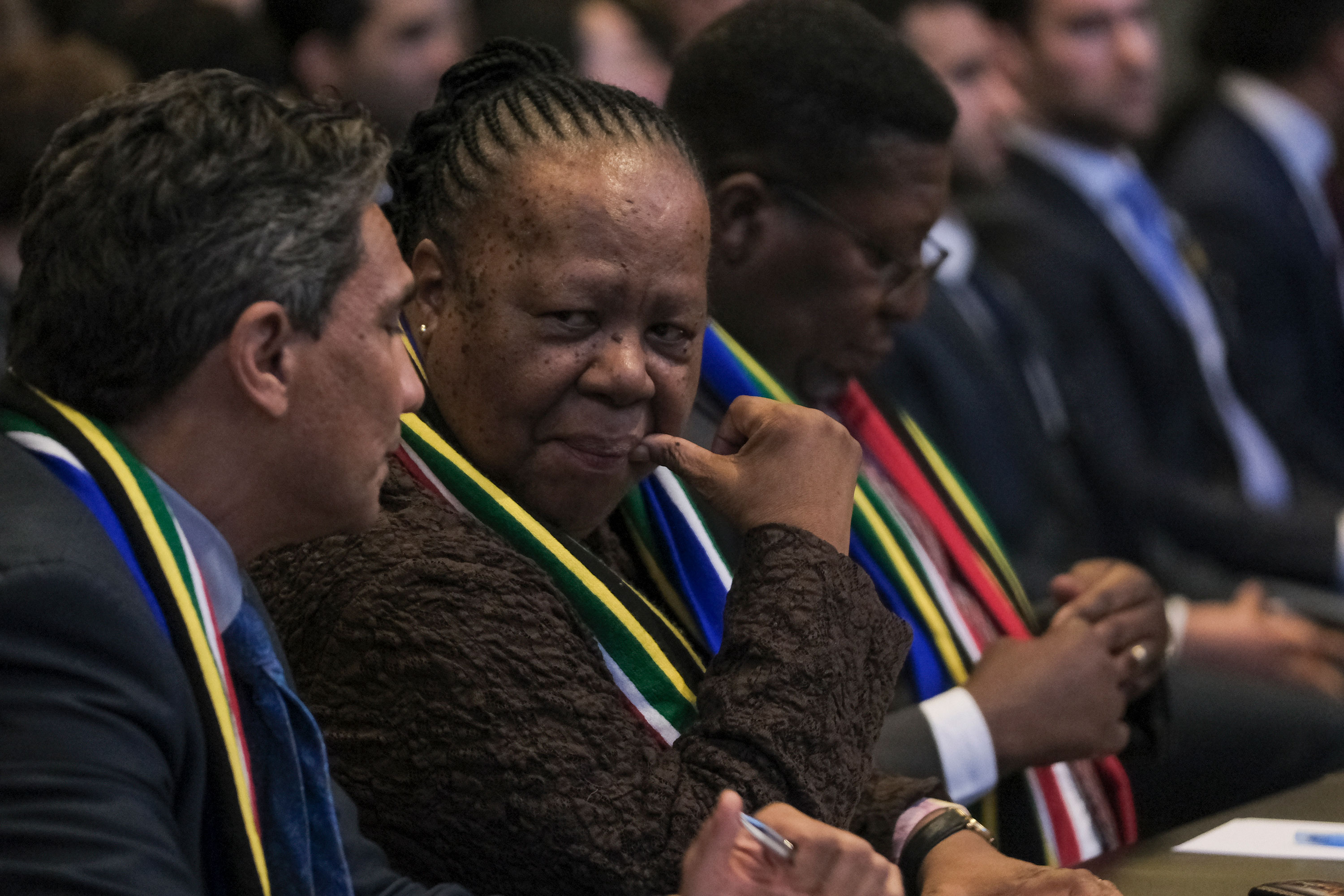
South Africa’s Foreign Minister believes that a ceasefire would be necessary for Israel to comply with the International Court of Justice (ICJ) ruling, but insisted she was not “disappointed” the court didn’t include it in the order.
“In exercising the [ICJ] order, there would have to be a ceasefire,” Naledi Pandor said after the hearing. “Without it the order doesn’t actually work.”
“No way I am going to say I am disappointed, I hope for it (a ceasefire) but the fact of delivering humanitarian aid, the fact of taking measures that reduce the levels of harm against persons who have no role in what Israel is combating to me requires a ceasefire.
"I believe Israel would have to attend to how it conducts its search for the hostages and for those Hamas individuals, who carried out the October 7th attacks,” she added. “I am satisfied with the directions that have been given.”
The South African foreign minister thanked the ICJ judges “for dealing with this matter expeditiously” and warned states who have been supporting Israel that they may find themselves involved in the case as the proceedings develop.
“It's clear that the court does say, circumstances exist, where it is plausible, that genocidal acts have been committed,” Pandor explained. “This, of course, means once the merit case is addressed, and if the finding is that there has been genocide, those states that have aided and abetted become a party to commission.”
South African President Cyril Ramaphosa called the ICJ ruling a “victory for international law, for human rights, and above all for justice.” South Africa expects Israel to comply, he continued.


